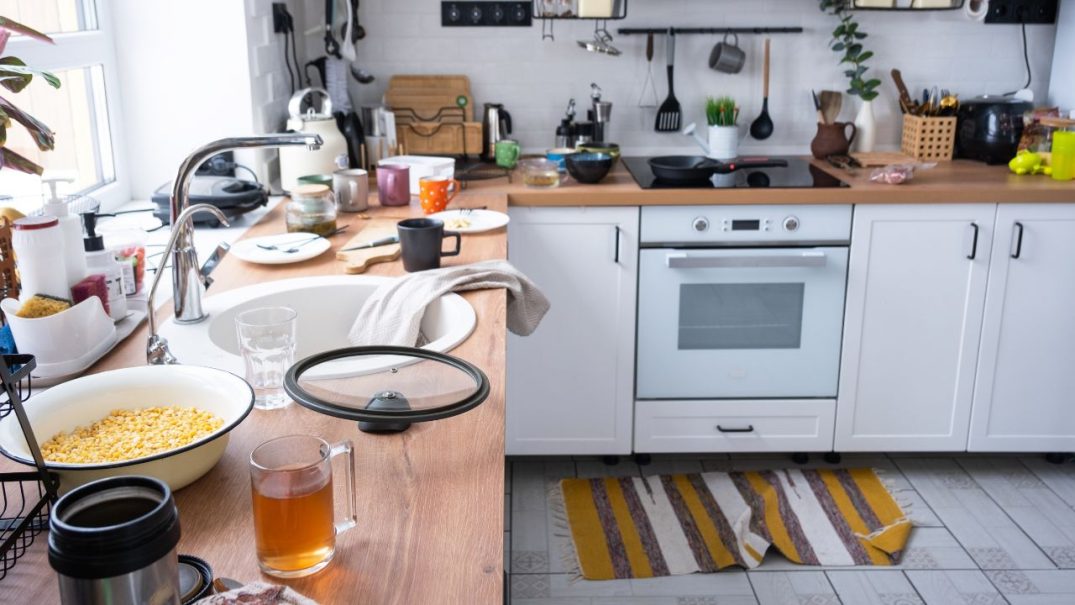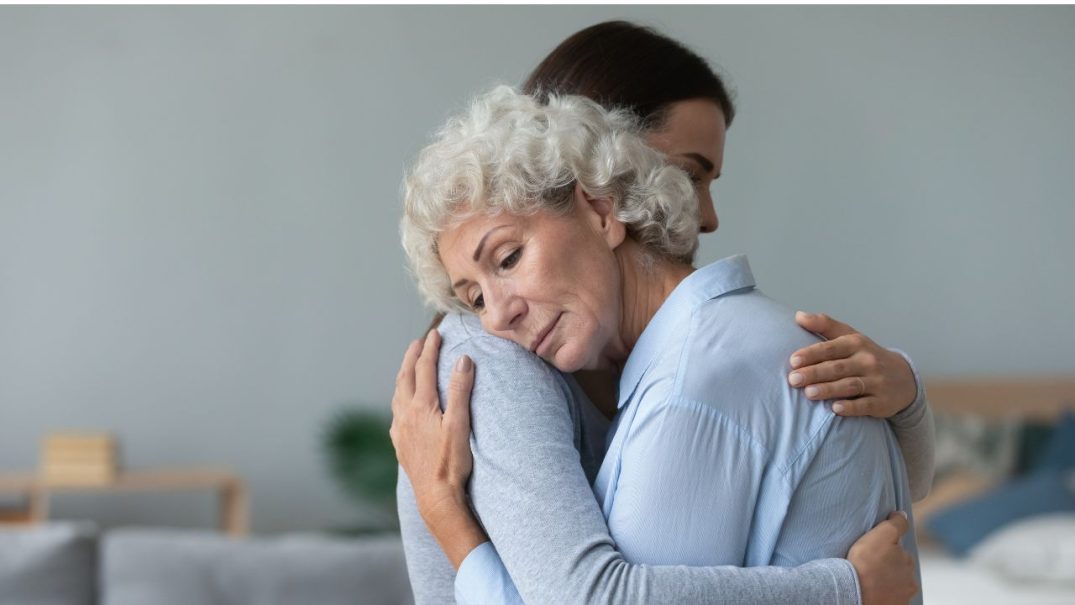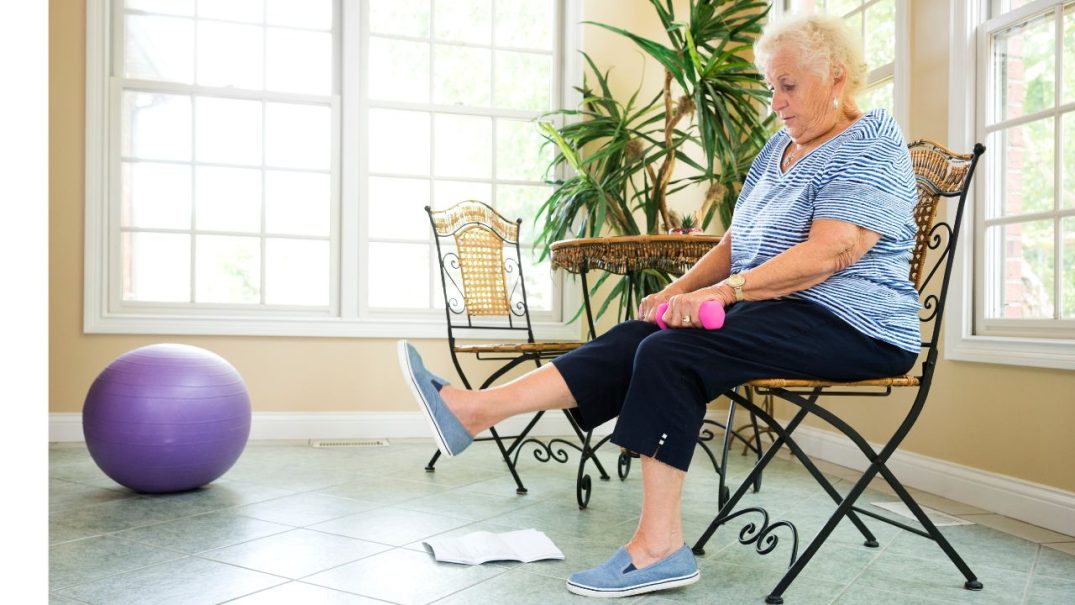
Most of us define hoarding as a disorder involving excessive saving of items that other people may view as worthless and unnecessary. Does someone you know, and love exhibit hoarding behaviours? Hoarding is different from collecting too many items and can lead to extreme clutter and make a dwelling unsafe.
Risks of hoarding to seniors
When objects clutter living areas, seniors are at risk of a serious fall. First, responders need to access the house in case of an emergency and hallways and entryways free of clutter. Symptoms of hoarding include excessive shopping, keeping stacks of magazines and newspapers, and never throwing them away but instead creating a new pile. Storing items haphazardly also puts dwellings at risk of fire. Other risks include poor nutrition if access to a cleanly functioning kitchen is impeded. Hygiene and poor sanitary conditions develop when access to a bathroom, shower or toilet is difficult if not impossible.
What causes hoarding behaviour
It is not entirely clear what causes hoarding behaviours in one person and not another; however, an existing disorder can place seniors at risk of developing a hoarding lifestyle. Studies are being conducted to determine the cause of hoarding; however, it is believed that genetics and stress are the possible causes. Generally, hoarding begins earlier in life; however, as a person ages, their ability to cope with the hoarding worsens and the impacts can become detrimental.
Get your copy of the “Preparing to Downsize” guide
How can you help
First, it is understood that a person hoarding places unreasonable value on these items and finds them beautiful and useful. Depending on the severity of the hoarding problem, seek the help of a professional. Therefore, treatment and/or medication are required to manage this disorder. Interventions aim to prevent harm to seniors’ safety.
Encourage being in control of emotions
The problem cannot be resolved simply by removing all items and organizing the household. First, ask how you can help to reduce anxiety. Anxiety can arise from living on a fixed income and fearing going without. Support groups can help in reducing anxiety, shame and isolation. Treatments focus on reducing the need for any excessive purchasing, picking up items for free and stopping behaviour. Support and the development of organizational skills and systems will create a safe space for your loved one to ask for help.






